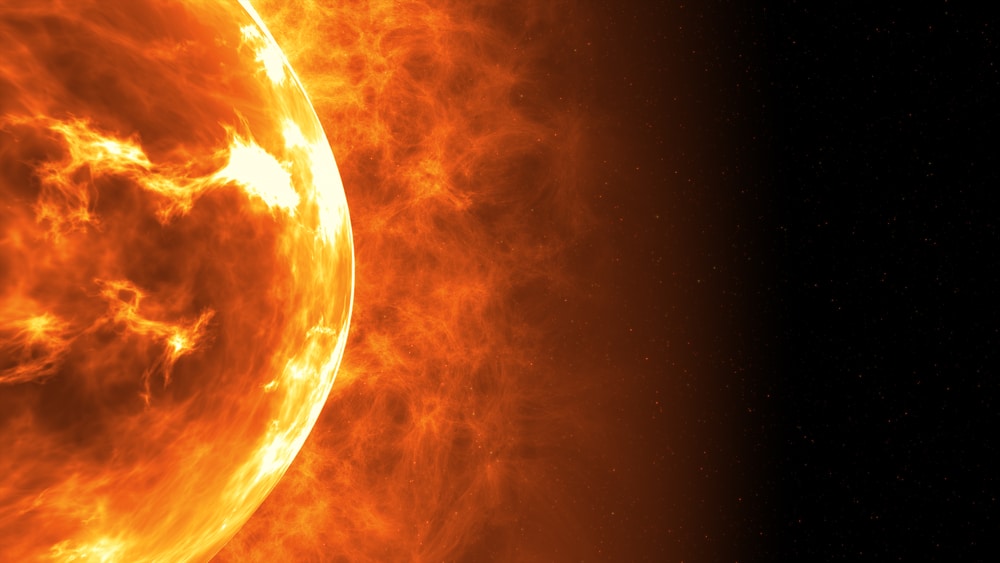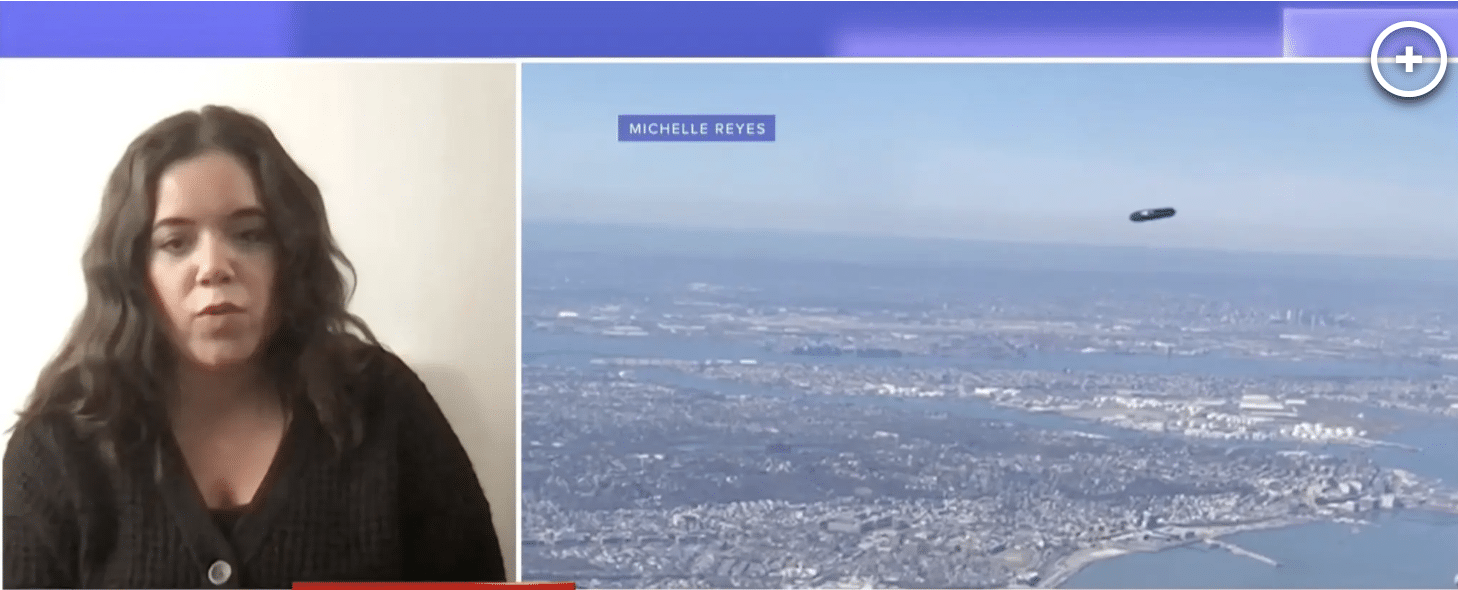In September, physicists made a monumental discovery that opened up a new window to the universe. Using equipment called the Laser Interferometer Gravitational-Wave Observatory (LIGO), the researchers detected ripples in the fabric of space-time called gravitational waves, something Einstein’s general theory of relativity predicted a century ago.
These gravitational waves should allow scientists to directly study some of the most violent processes out there and probe general relativity by observing how gravity behaves in extreme conditions. But on that same day — less than half a second after LIGO made its monumental discovery — the Fermi Telescope, a space observatory orbiting the earth, picked up a brief, faint signal from the same region of space. The chances of that being coincidental hover around 0.2%. And if it wasn’t a coincidence, it could open the door to a whole new world of physics. FULL REPORT
















